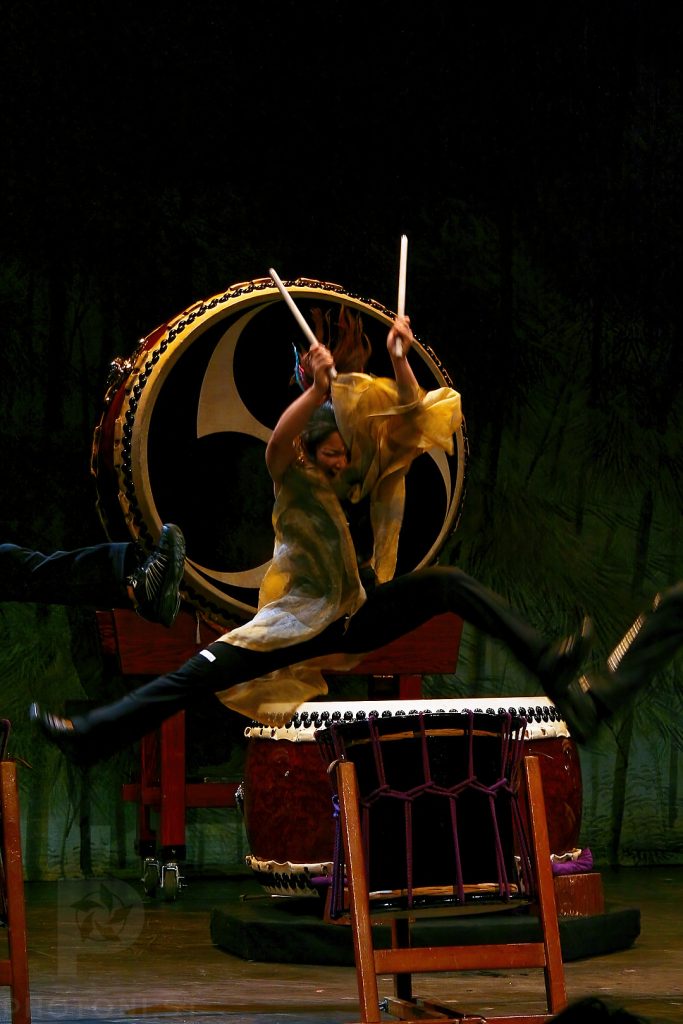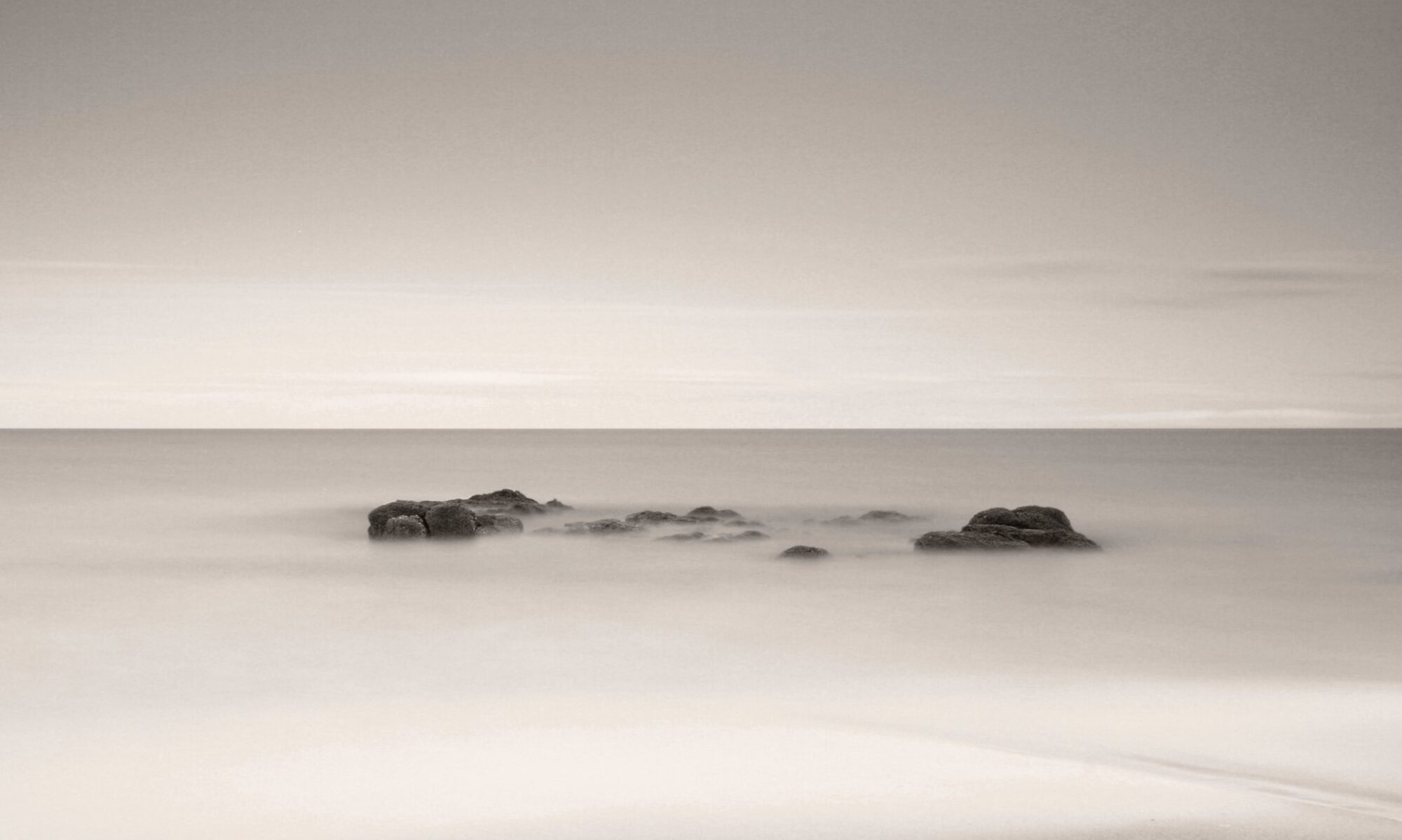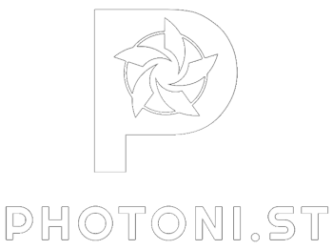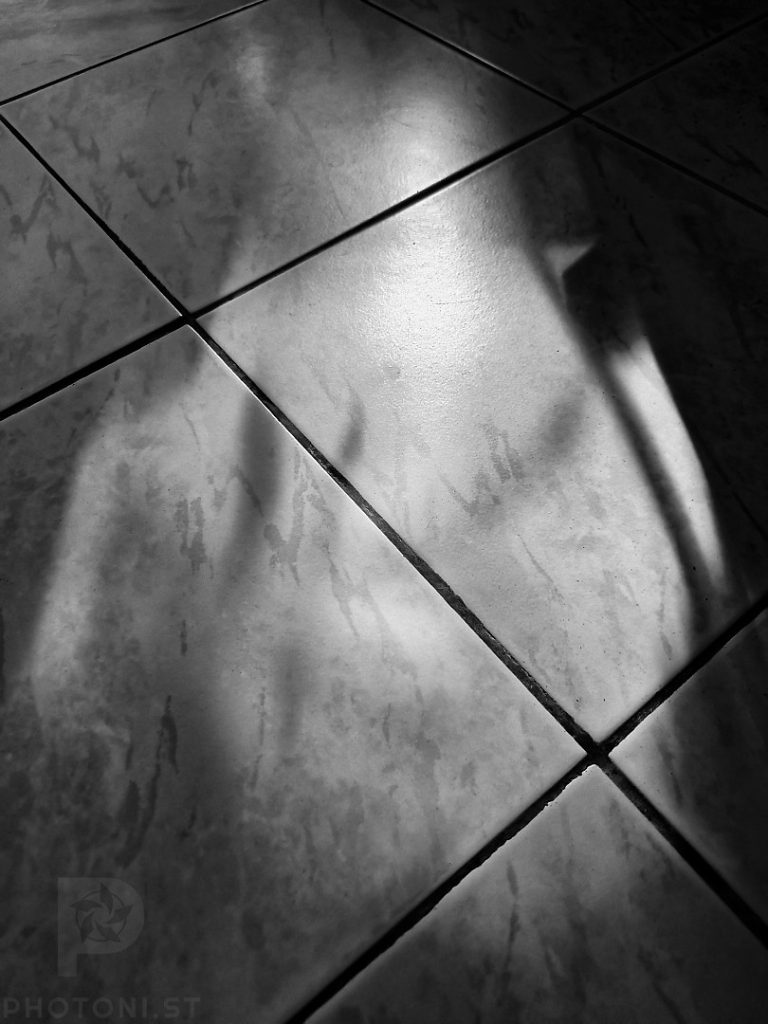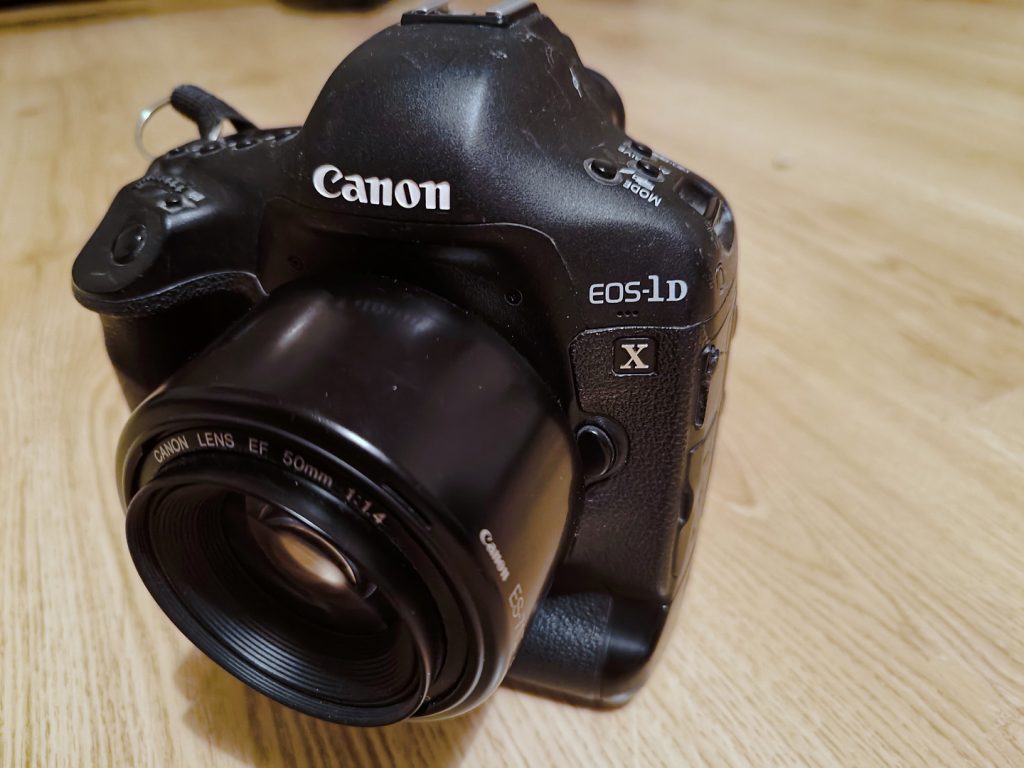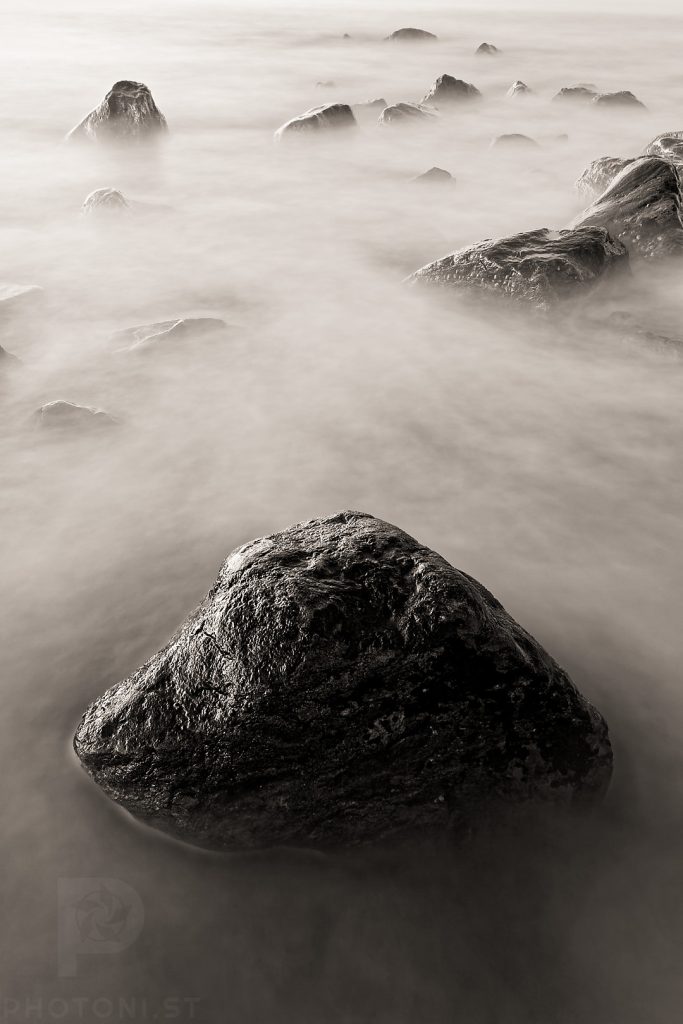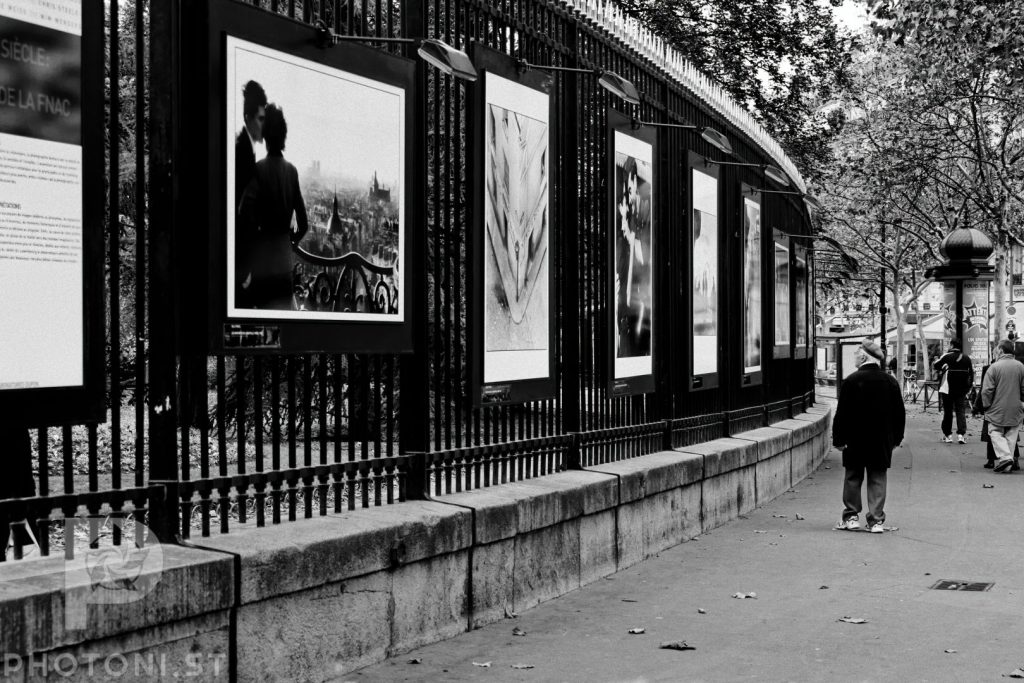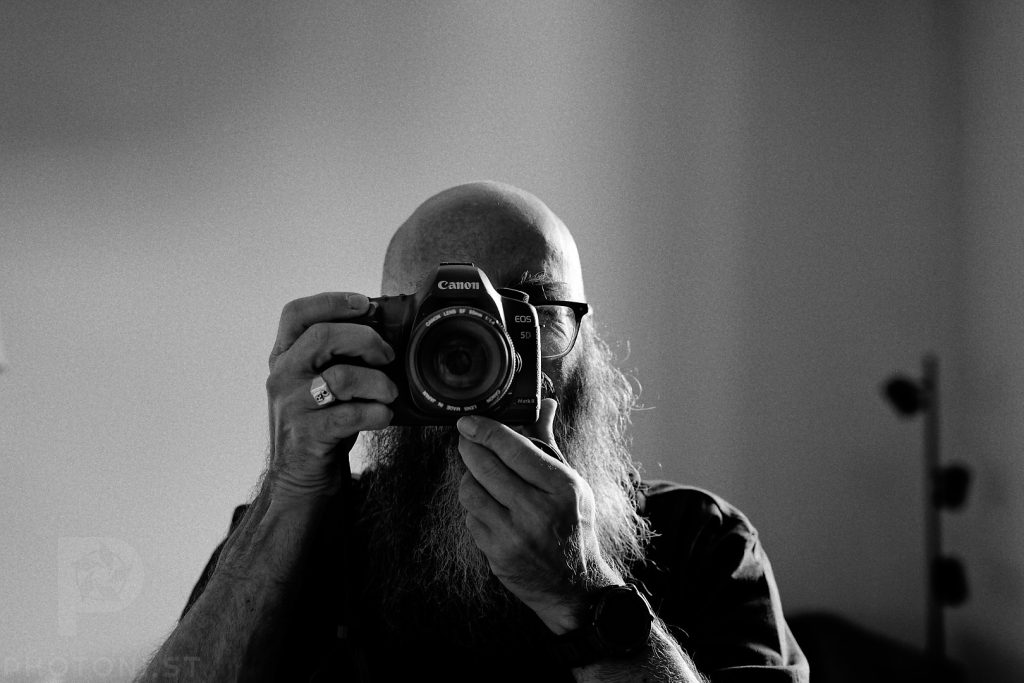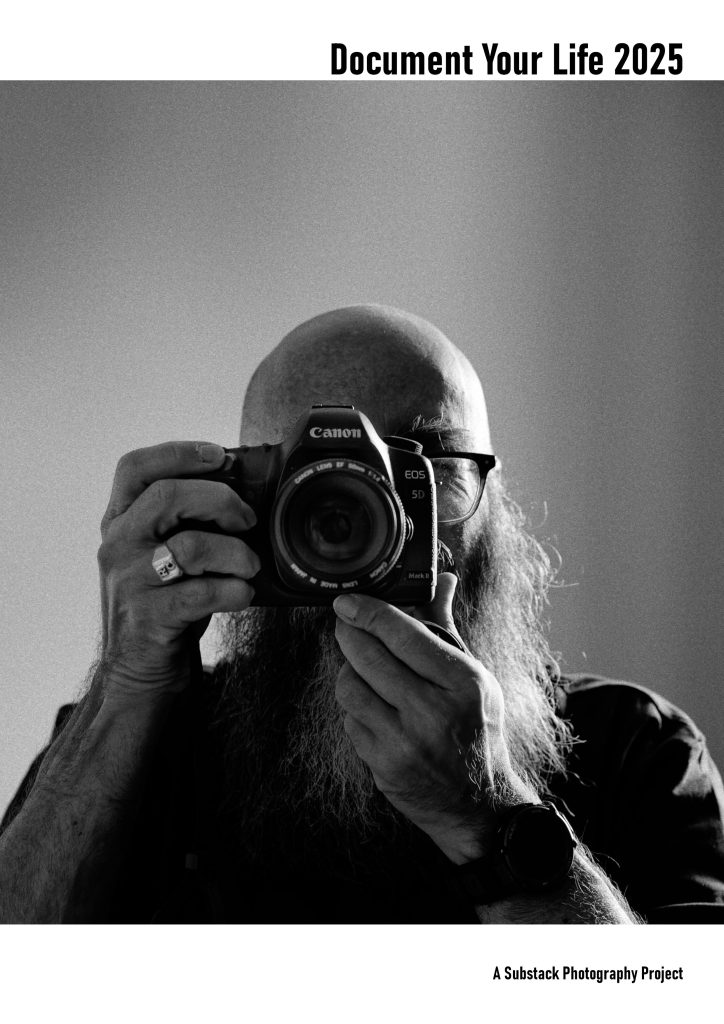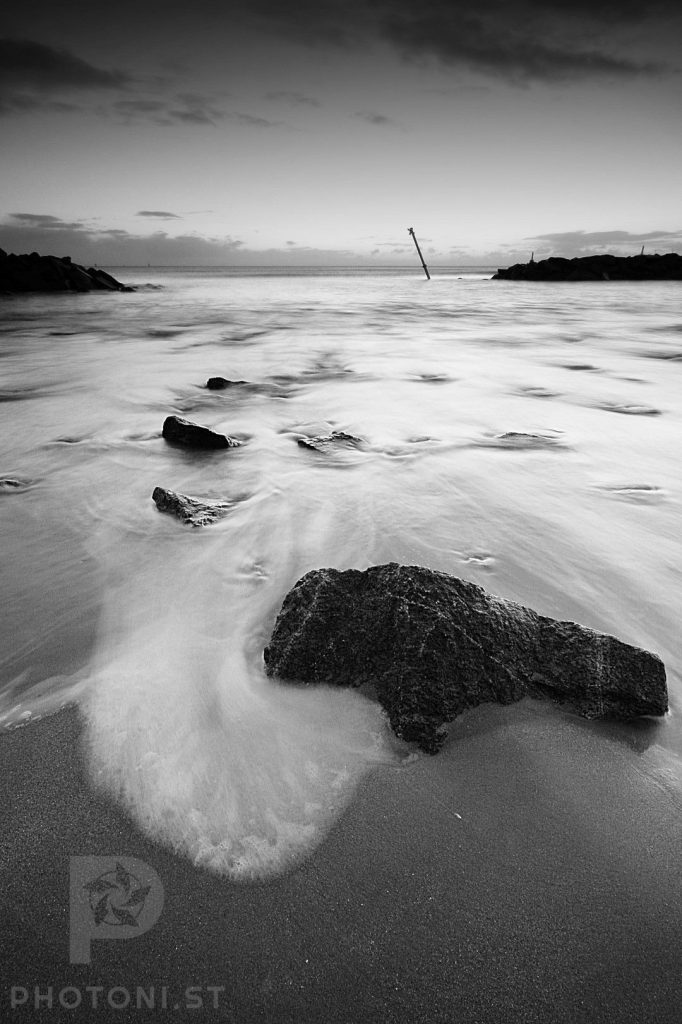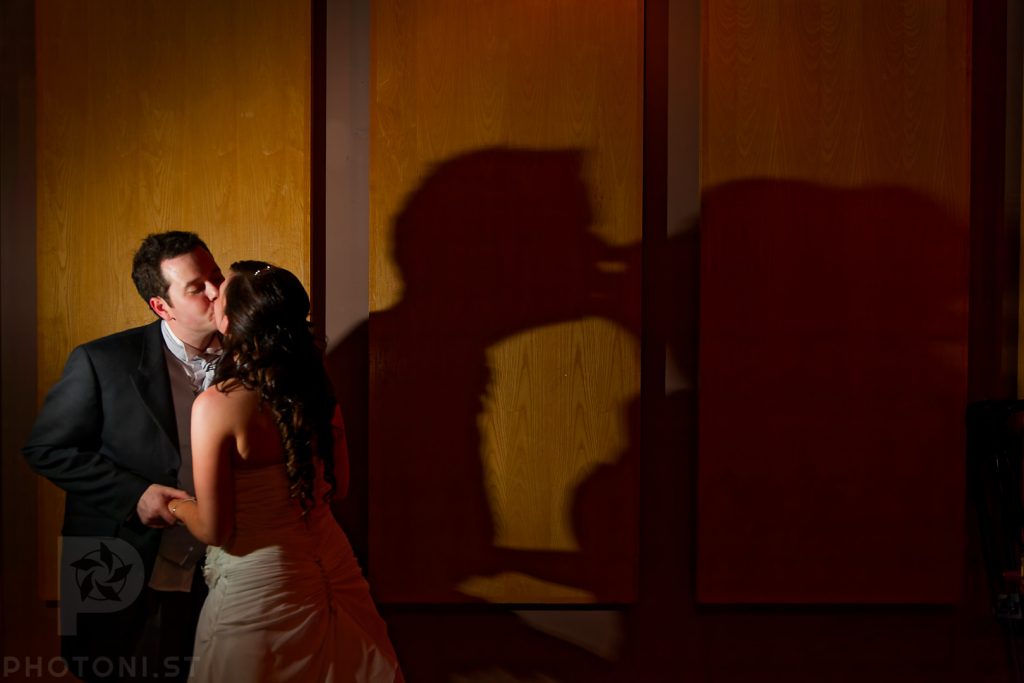Since I started taking photography seriously ca. 2003, the craft has become democratised beyond recognition. Every pocket contains a device capable of producing images that would have required thousands of euros of equipment twenty five years ago. But, I see the same tired shots repeated endlessly: the obligatory sunset, the artfully arranged breakfast, the mirror selfie with calculated spontaneity, the same copycat shots of the masters.
This saturation creates an interesting paradox: we’re drowning in images whilst starving for actual photography. Are we really all photographers?
